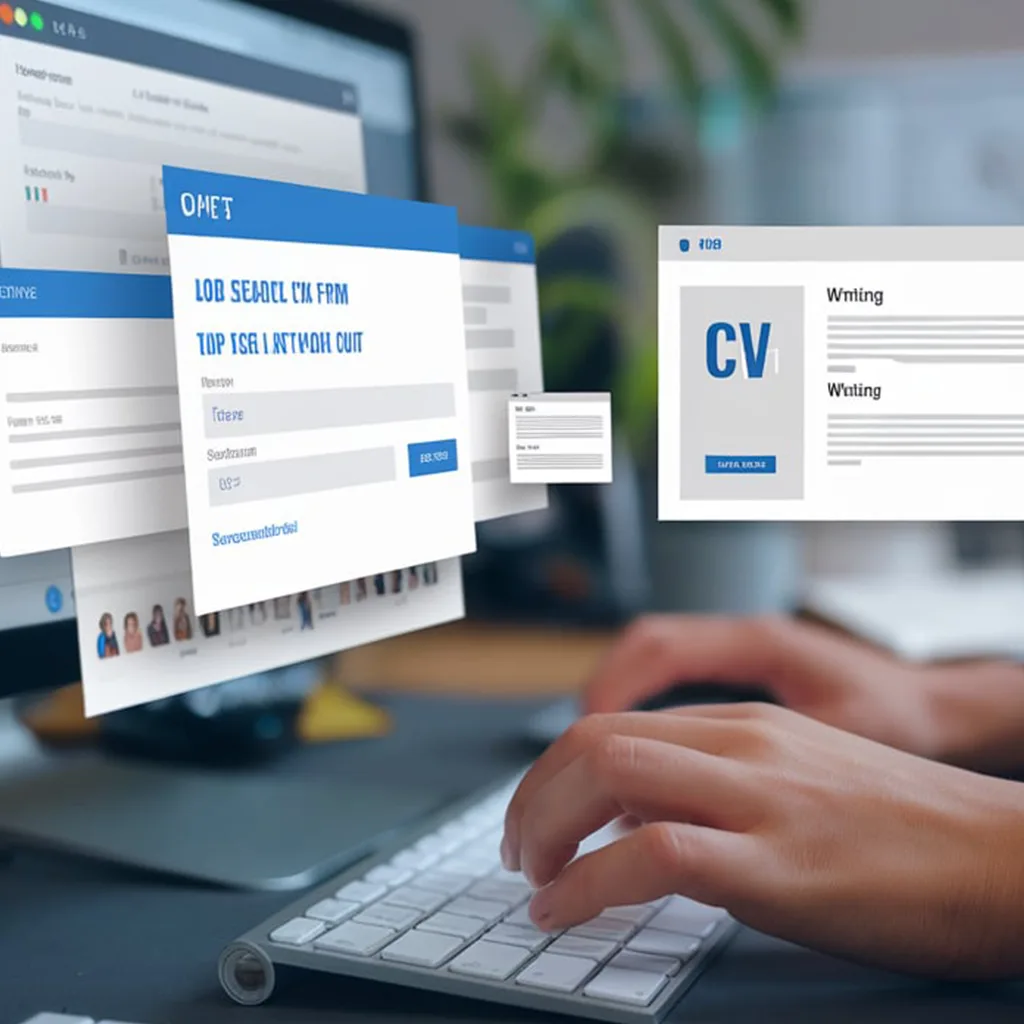Legal CV Advice: Crafting the Perfect Curriculum Vitae for Legal Professionals
Creating a standout legal CV is essential for landing your dream job in the legal sector. Whether you’re a recent law school graduate or an experienced lawyer looking to make a career move, having a well-crafted CV is crucial.
In this article, we’ll provide comprehensive legal CV advice, including tips on formatting, content, and tailoring your CV to specific roles. We’ll also address some frequently asked questions about legal CVs.
Understanding the Basics of a Legal CV
When creating a legal CV, it’s important to understand what employers in the legal field are looking for. Unlike standard resumes, a legal CV should highlight your education, relevant experience, and specific skills pertinent to the legal industry.
Key Elements of a Legal CV
- Personal Information: Start with your name, contact details, and professional social media profiles like LinkedIn.
- Professional Summary: A brief overview of your career objectives and key qualifications.
- Education: Detail your academic background, including law school and undergraduate degrees.
- Work Experience: Highlight relevant legal experience, including internships, clerkships, and positions held.
- Skills: Emphasize skills relevant to the legal field, such as research, drafting, and negotiation.
- Certifications and Memberships: Include bar admissions, legal certifications, and memberships in professional organizations.
- Publications and Presentations: List any legal articles or presentations you’ve contributed to.
- Languages: Mention any foreign languages you speak, particularly if relevant to the job.
Tailoring Your Legal CV to Specific Roles
Different legal positions require different emphases on your CV. Tailoring your CV to match the job description can significantly increase your chances of getting noticed.
Entry-Level Legal Positions
For recent graduates or those with limited experience, focus on your education and internships. Highlight any coursework, projects, or papers that are relevant to the job.
Experienced Legal Professionals
For those with substantial experience, emphasize your work history and accomplishments in previous roles. Provide specific examples of cases you’ve handled, transactions you’ve closed, or significant legal research contributions.
Specialized Legal Roles
If you’re applying for a specialized role (e.g., intellectual property, corporate law), tailor your CV to showcase your expertise in that area. Highlight specific skills, certifications, and relevant case experience.
Formatting Tips for a Legal CV
Keep It Professional and Clear
- Font and Size: Use a professional font like Arial or Times New Roman, and keep the size between 10-12 points.
- Sections and Headings: Use clear headings and subheadings to organize your content.
- Length: Aim for 2-3 pages, depending on your experience level.
Use Bullet Points
- Clarity: Bullet points make your CV easier to read and highlight key points succinctly.
- Consistency: Ensure that all bullet points are aligned and formatted consistently.
Proofread and Edit
- Accuracy: Double-check for any grammatical errors or typos.
- Consistency: Ensure that dates, job titles, and other details are consistent throughout.
Common Mistakes to Avoid
Overloading with Information
Avoid cramming too much information into your CV. Focus on the most relevant experiences and skills.
Using Generic Descriptions
Customize your CV for each job application. Avoid using generic descriptions that don’t align with the specific role you’re applying for.
Neglecting Visual Appeal
While content is king, the presentation also matters. A well-structured CV is more likely to catch the recruiter’s eye.
Frequently Asked Questions about Legal CV Advice
How long should a legal CV be?
A legal CV should typically be 2-3 pages long. This allows you to provide detailed information without overwhelming the reader.
Should I include non-legal work experience?
Yes, include any work experience that demonstrates transferable skills, such as research, writing, or client management. However, focus primarily on your legal experience.
How do I address gaps in my employment history?
Be honest about any gaps and provide a brief explanation in your cover letter. You can also highlight any relevant activities you undertook during the gap, such as further education or volunteer work.
Is it necessary to include references in my CV?
It’s not mandatory to include references in your CV. You can state “References available upon request” or provide them separately if asked.
How can I make my legal CV stand out?
To make your legal CV stand out, tailor it to the specific job, highlight your unique achievements, and ensure it is well-organized and free of errors. Adding a professional summary can also help grab the recruiter’s attention.
Crafting an effective legal CV requires attention to detail and a clear understanding of what employers in the legal field are looking for. By following the advice provided in this article, you can create a compelling CV that showcases your qualifications and sets you apart from the competition.
Don’t forget to tailor your CV for each application, focus on relevant experience, and maintain a professional format. With these tips, you’ll be well on your way to landing your next legal role.
Tittle
Lorem ipsum dolor sit amet, consectetur adipiscing elit. Ut elit tellus, luctus nec ullamcorper mattis, pulvinar dapibus leo.
Tittle
Lorem ipsum dolor sit amet, consectetur adipiscing elit. Ut elit tellus, luctus nec ullamcorper mattis, pulvinar dapibus leo.





